![]()
Musket fire bombards the enemy, and cannonballs bombard the frozen lake, painting the once-peaceful Austrian tundra crimson. The remaining soldiers scramble to their feet, only to be submerged in the icy abyss below. Every drenched arm clambering for the surface turns a horrific purple as the only chance for life slips from their grasp. This carnage is all the doing of one man: Napoleon Bonaparte.
Director Ridley Scott’s newest film, “Napoleon,” is at its best when it leans into the French Emperor’s epic conquests across Europe. Scott flawlessly drops the audience into the brutal world of the 19th century, juxtaposing the royal grandeur of post-revolution France with the white-knuckled thrills of Napoleon’s monumental battles. Scott generates a film with swarms of extras, extensive sets and real horses in the battle sequences, all aspects that most directors wouldn’t even attempt to juggle. However, regarding character and story development, “Napoleon” is a heartbreaking disappointment, especially considering Scott’s previous works.
Joaquin Phoenix’s portrayal of the titular character is simply bizarre. For an emperor known as an intelligent yet vicious conqueror, Phoenix depicts Napoleon as a clown. Napoleon jokes and throws childish tantrums during his rise to power, constraining Phoenix to a comedic character rather than one that fits in a momentous epic. Phoenix is undeniably funny, but it’s unbelievable that this interpretation of Napoleon would garner love or respect from the soldiers under his command. Even Phoenix — an Academy Award winner — doesn’t seem to understand Napoleon’s scattershot range of emotions, ultimately reaching an uncharacteristic nadir in his acting career.
It’s also difficult to understand what motivates Napoleon. He is driven, especially in his warfare and romantic pursuits, but writer David Scarpa fails to build an arc explaining why. Scarpa writes as if he is working through a checklist, each event playing as a part of Napoleon’s personal best-of album. Additionally, the film introduces important figures for singular scenes, like Napoleon’s brother, children and other lovers, creating missed opportunities to develop Napoleon’s personality through character interactions. Numerous dangling plotlines and characters muddle the script.
Most egregiously, Napoleon’s relationship with his wife, Josephine de Beauharnais (Vanessa Kirby), is severely underdeveloped. While Kirby and Phoenix have genuine chemistry during their early witty and flirtatious dialogue, Scott seems unexcited about this storyline. Napoleon is head over heels for Josephine, but the film relegates the romance to Napoleon’s lazy love letters instead of providing a glimpse into his unhealthy obsession with a woman who doesn’t love him. Josephine’s character inevitably distracts from the conquering sides of the film, making their relationship feel superfluous by the film’s conclusion. Kirby’s stupendous acting is useless with a script that ignores and devalues her work.
Numb is the post-viewing feeling of “Napoleon.” No matter the energy Scott brought to this project, there is never an on-ramp toward understanding and enjoying the events unfolding on screen. At the end of the two hours and 38 minutes of runtime, it’s clear that the film had an identity crisis. While it attempts to be a brutal war epic, dark comedy and tragic romance, “Napoleon” ultimately fails to be any of the above. Unfortunately, Scott’s latest is just a hollow and perplexingly poor slog.



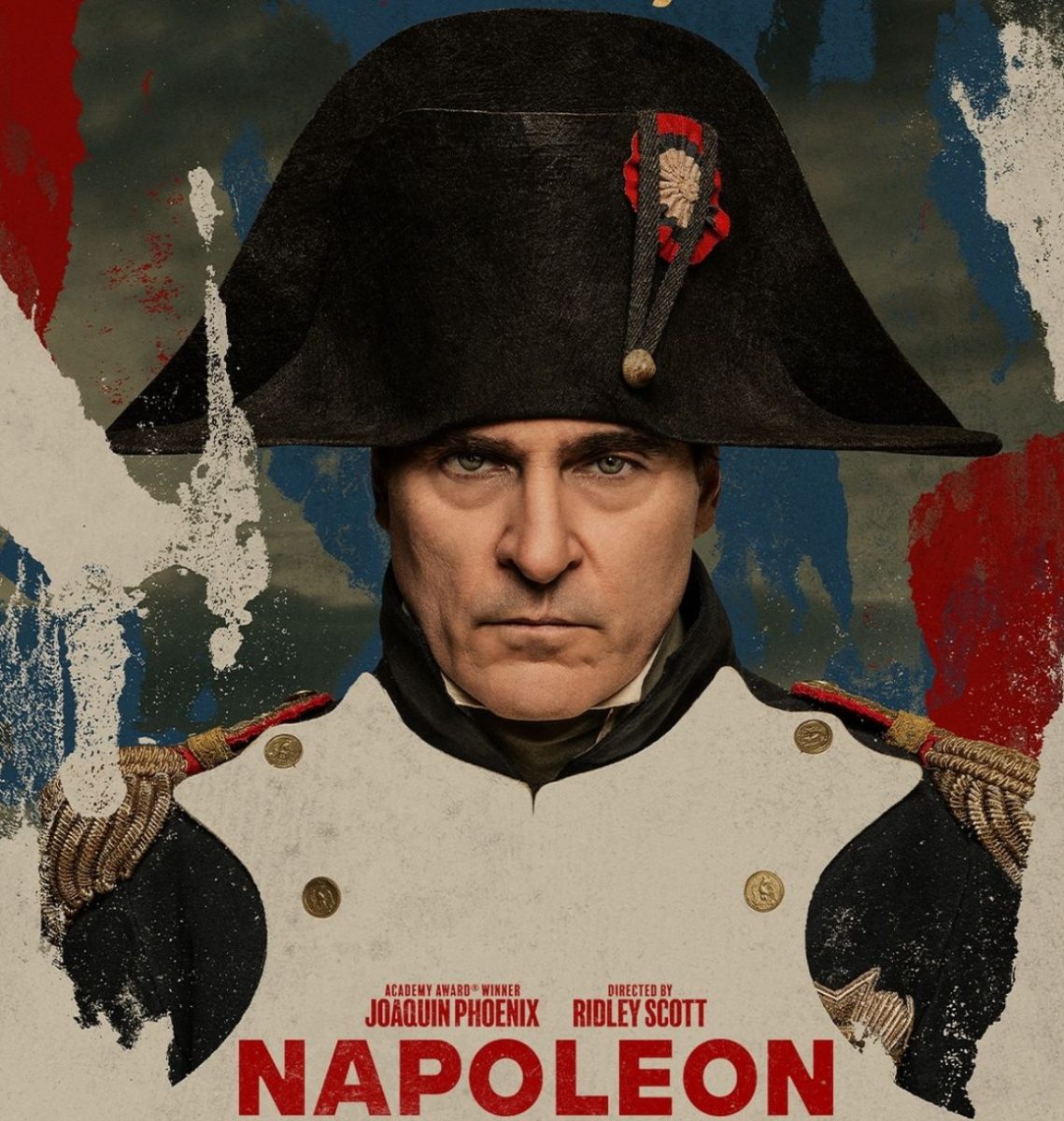


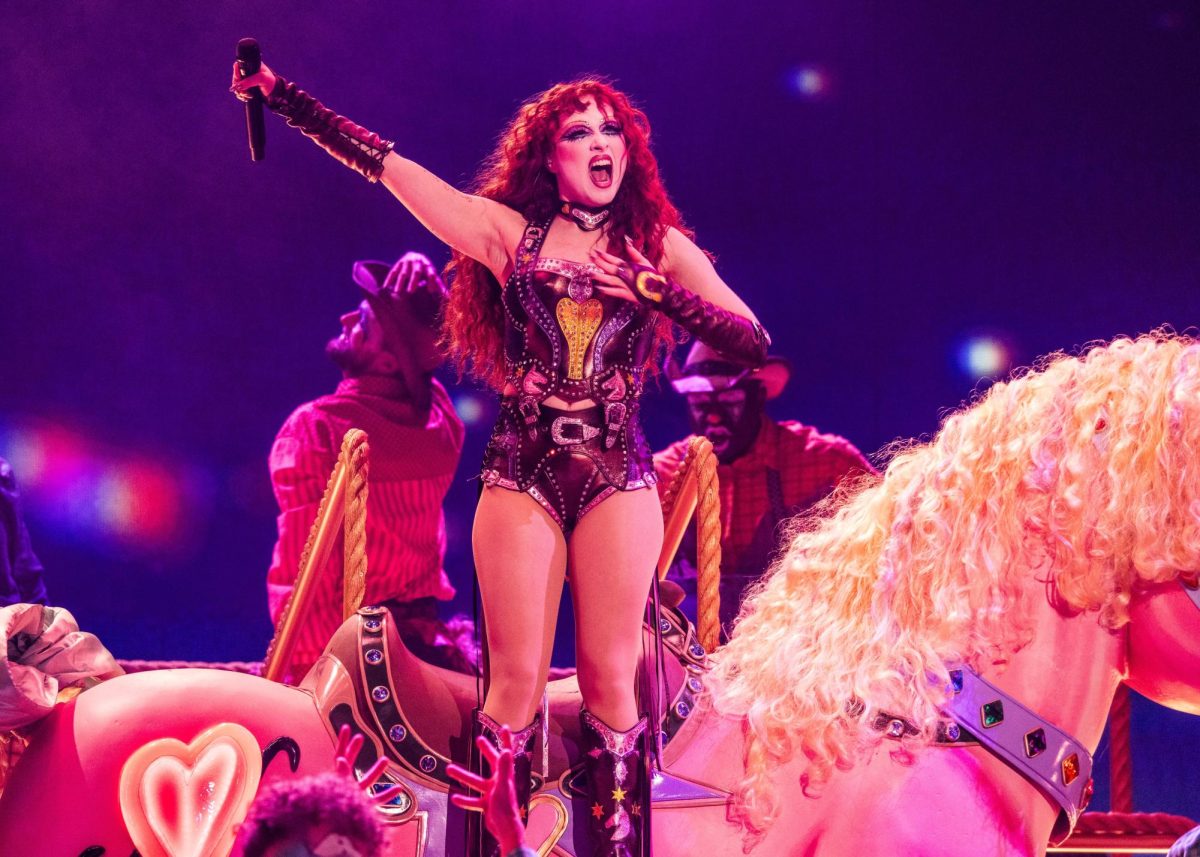
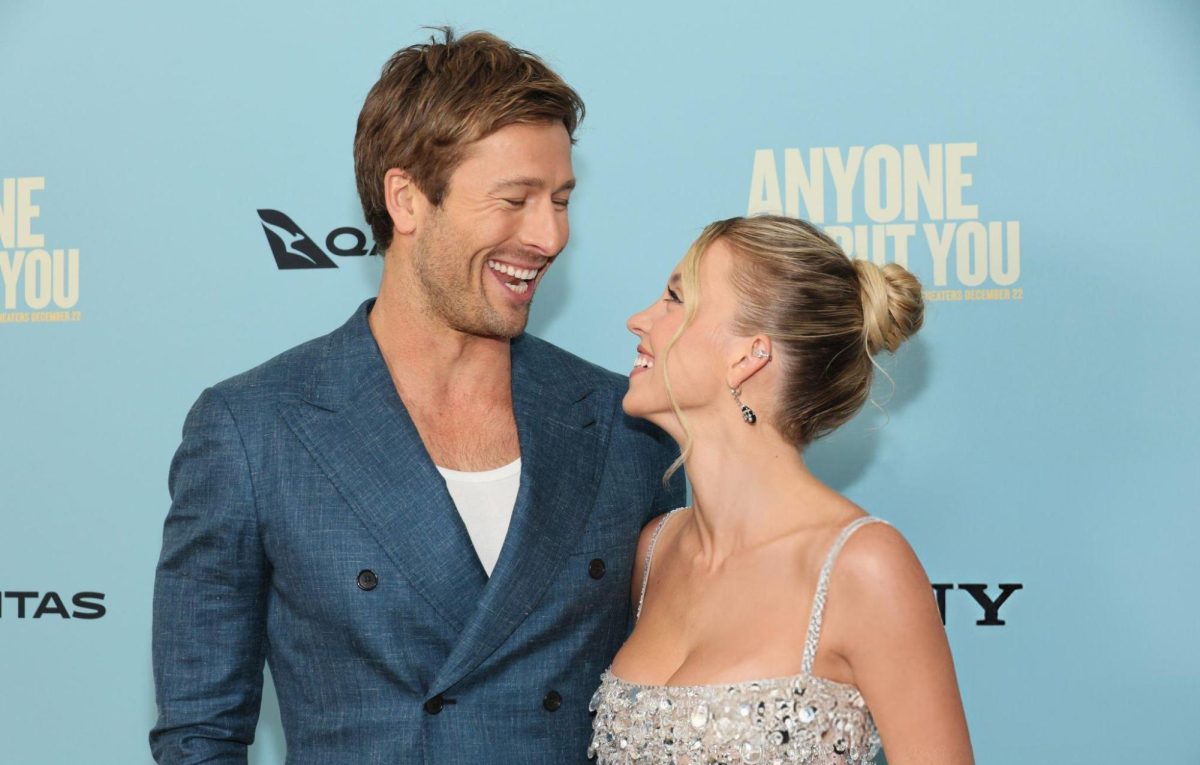

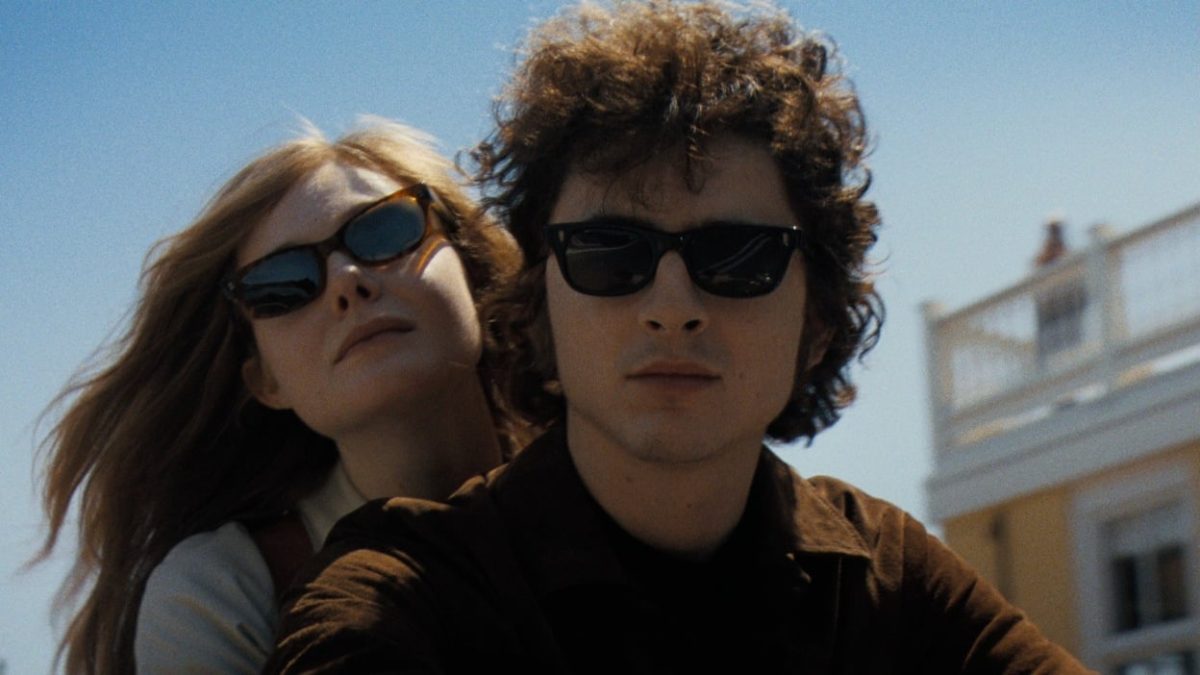
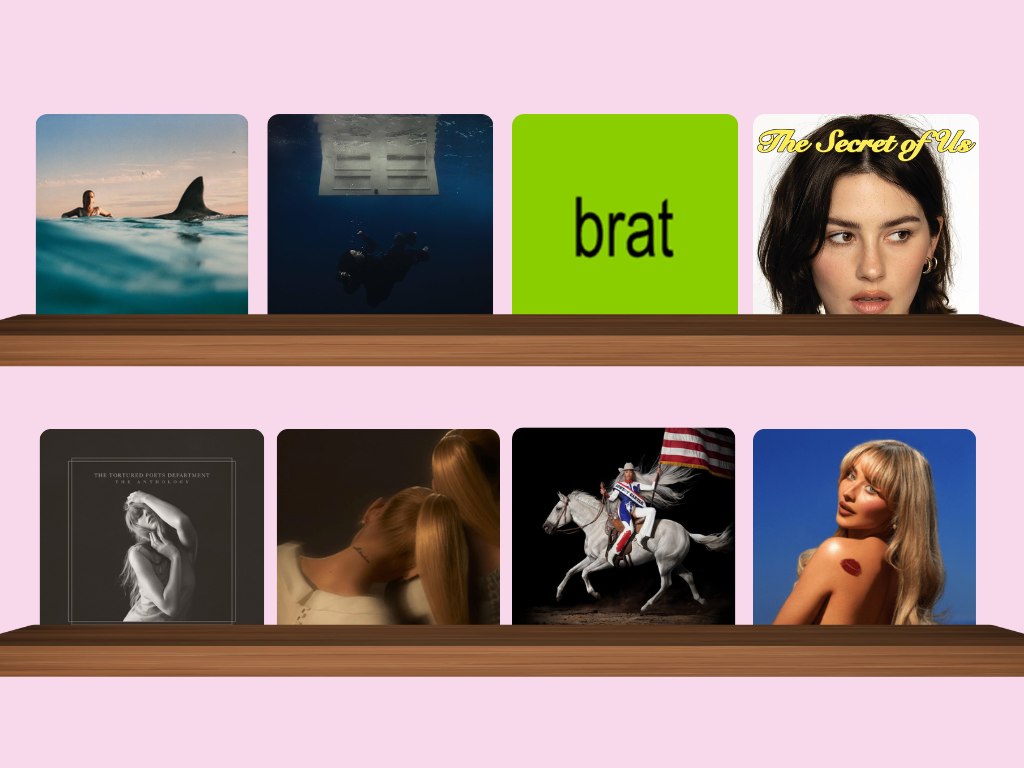
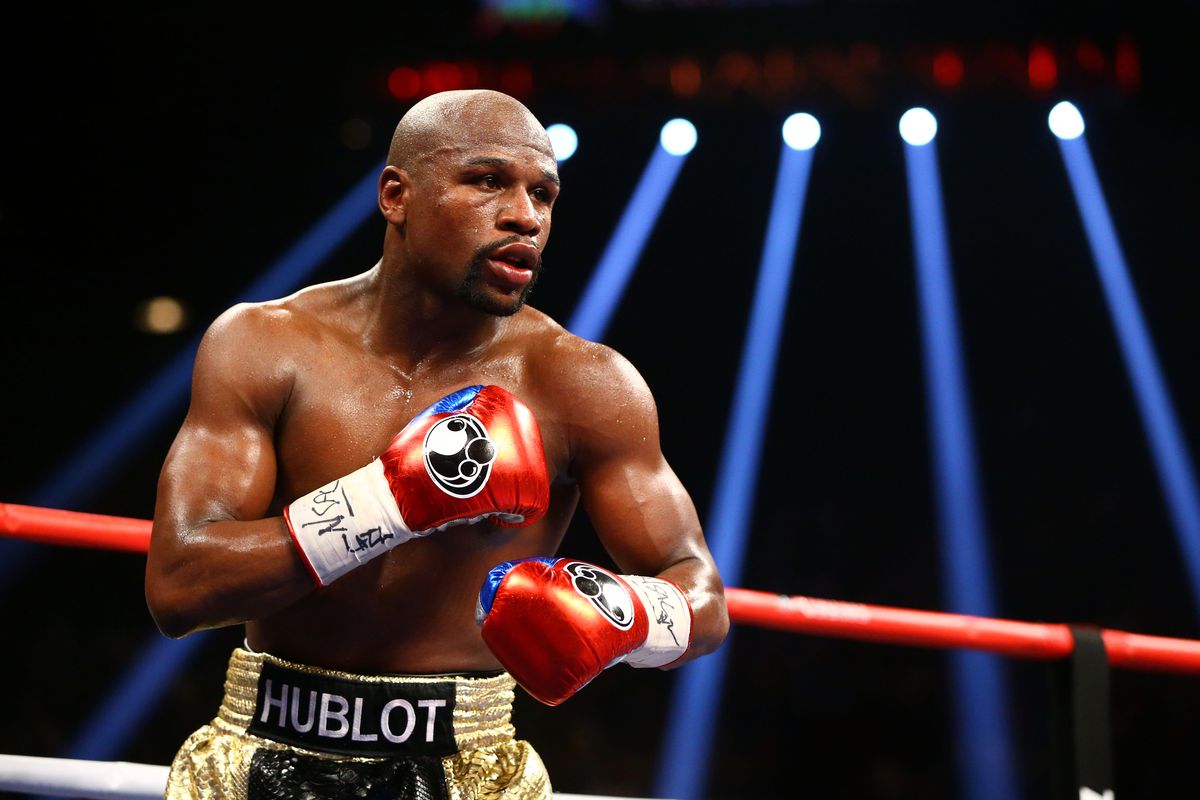

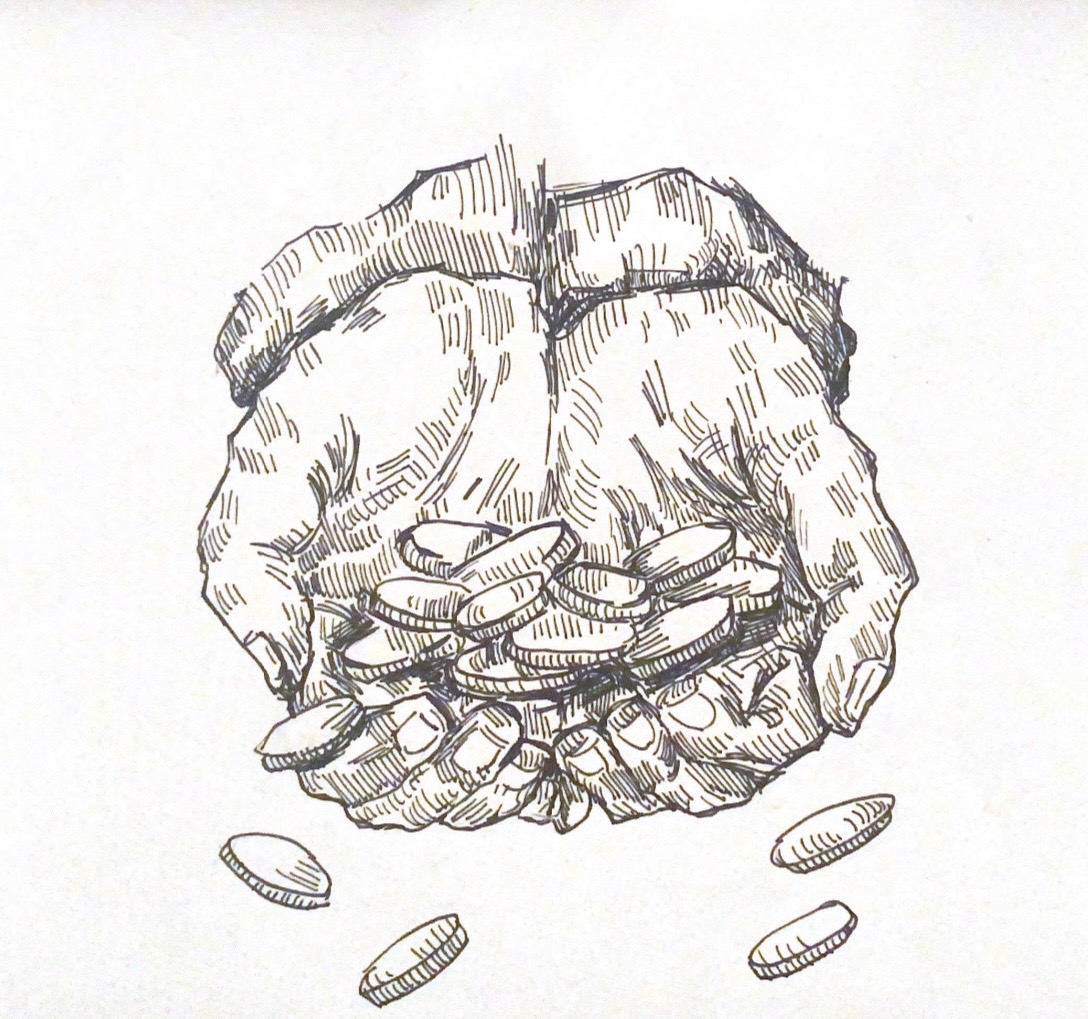


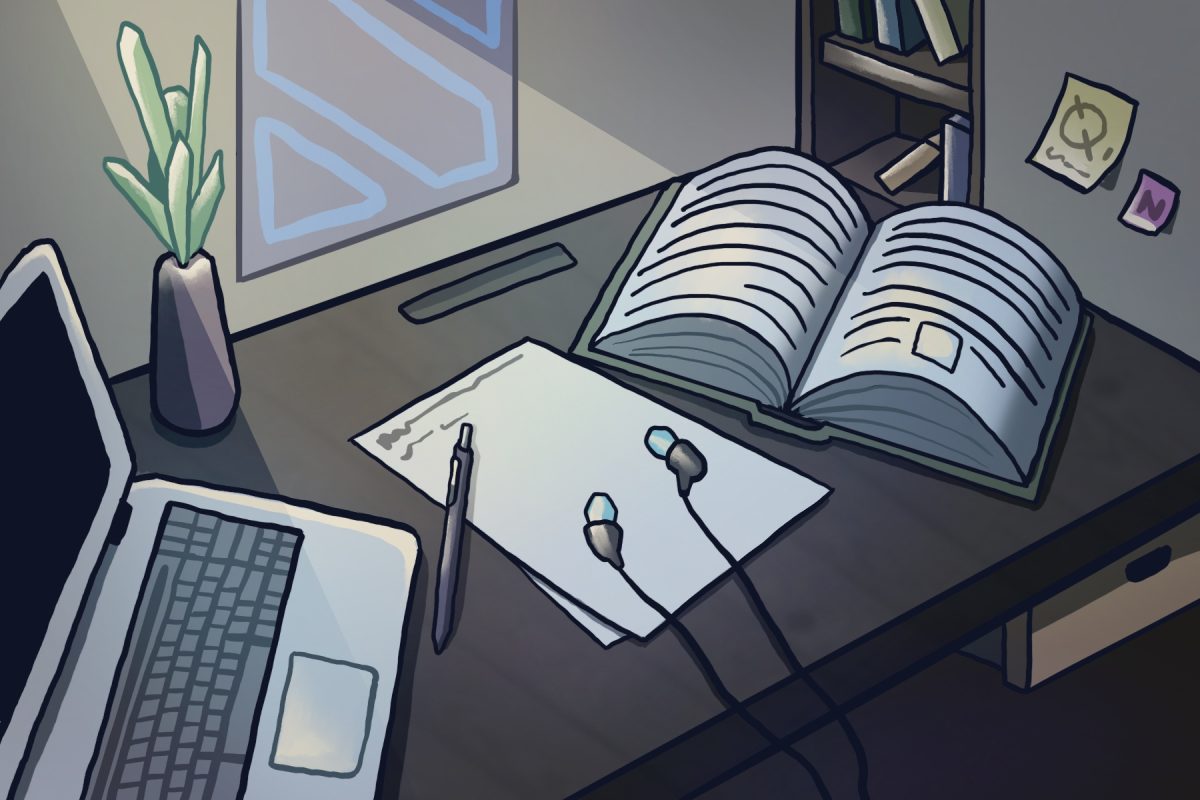



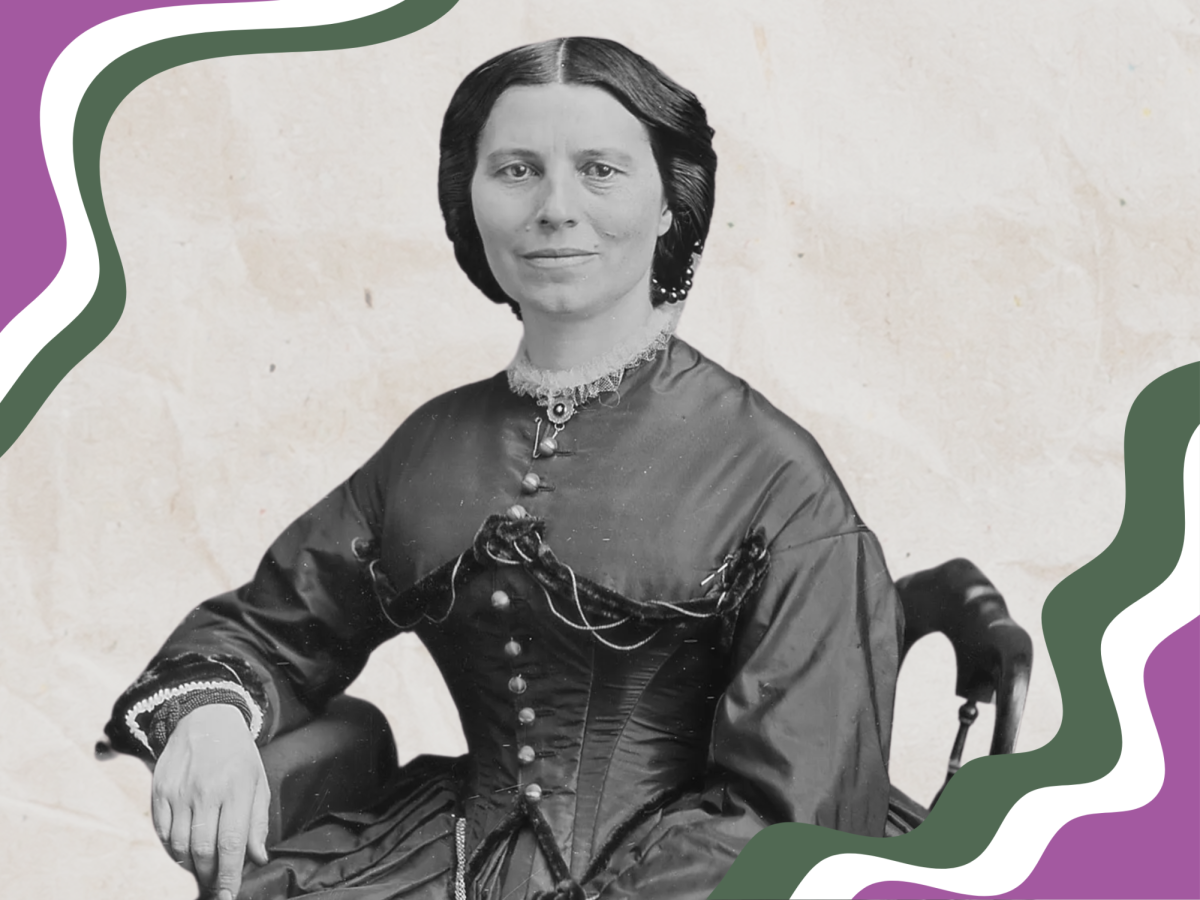



Katelyn Leonard • Dec 12, 2023 at 10:45 am
horrible take
Katelyn Leonard • Dec 13, 2023 at 11:13 am
^Drake Poe stated that. I do not stand with that statement. Amazing take Rylan.
Drake Poe • Dec 13, 2023 at 11:14 am
wow thats not very nice katelyn!